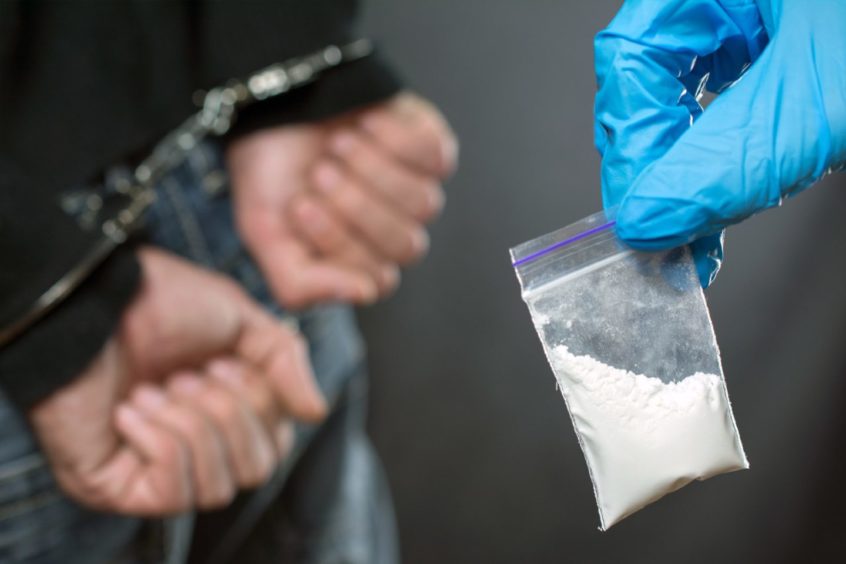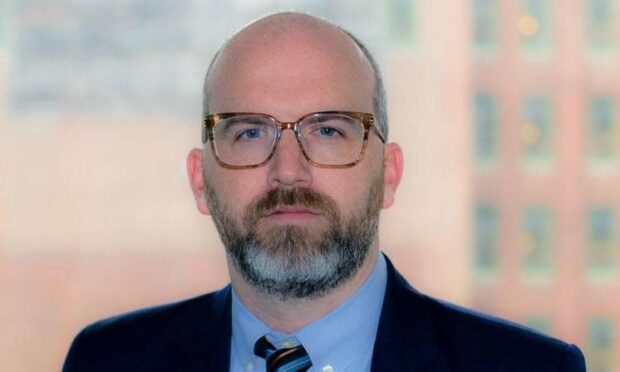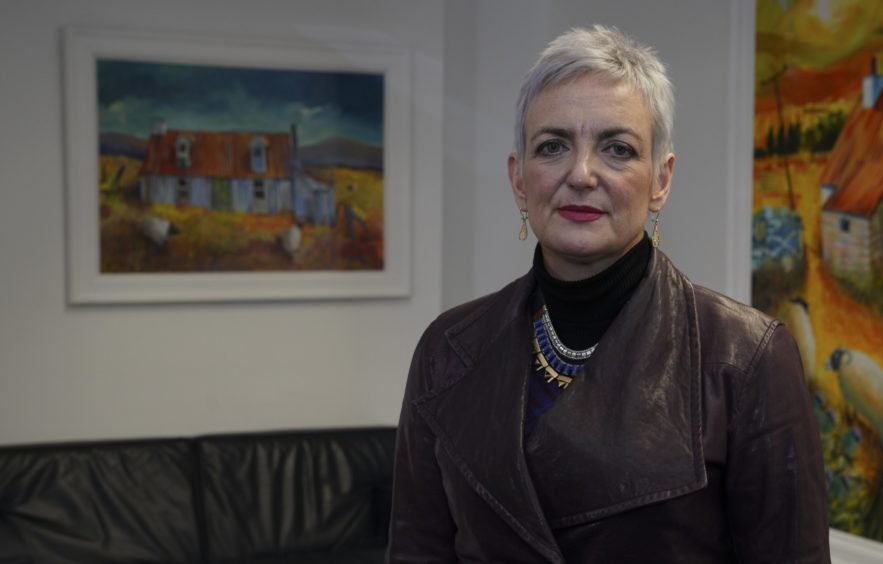A Scottish drug policy expert who helped push decriminalisation in the US warns the move away from prosecuting the possession of Class A drugs must be backed by “beefed up” treatment services.
Michael Collins, originally from Glasgow and a former director at the Drug Policy Alliance’s Office of National Affairs, called earlier this year for Holyrood to decriminalise drug use – and dared Westminster to block it.
Now working as strategic policy director for Marilyn Mosby, the State’s Attorney for Baltimore, Mr Collins has also held talks with Scottish Government officials about using the role of the lord advocate to move away from prosecuting drug users.
Dorothy Bain QC, who was appointed Scotland’s most senior law officer in June, announced this week that people caught with Class A drugs, such as heroin or cocaine, will now be offered a police warning instead of being referred to prosecutors.
This week’s episode is a little longer than usual, in part because it includes a fascinating interview with @MCOLL2017, a Scot helping reshape drugs policy in the US, in light of the shifting of police guidance here.
Listen, to #BeBetterBriefed: https://t.co/xNP3hFD5cL pic.twitter.com/lVjB89wyNw
— The Stooshie – the politics podcast from Scotland (@stooshiescot) September 24, 2021
The move will not apply to supply offences and Ms Bain stressed it does not amount to formal decriminalisation.
However, some Conservatives criticised the decision as “de facto decriminalisation” and warned it could make the job of police officers harder.
It is part of a drive to tackle the country’s drug deaths crisis, with Scotland suffering 1,339 drug-related deaths in 2020 – a 5% increase on the previous year’s statistics and the seventh consecutive time deaths have reached record levels.
Baltimore has already followed a similar path and while it does not use recorded police warnings, the state prosecutor’s office has stopped prosecuting low-level drug offences – something that in turn has led police to stop making arrests.
A huge step
Speaking exclusively to The Stooshie, the politics podcast from DC Thomson Media, Mr Collins praised the lord advocate’s announcement as “a huge step in the direction of a sane and sensible drug policy”.
However, he warned that for the move to be successful, it will need to be backed up with properly funded treatment services.
Mr Collins said: “I think the biggest challenge has been when you’re not prosecuting something, members of the public want to know what are you doing. From a prosecutor’s standpoint the answer is nothing, we’re not really doing anything.
“To be frank, that’s not really a good enough response for the public. They still want individuals to get connected to treatment, to get connected to services.
“So we have had to build up partnerships, build up services, work with the mayor’s office to redirect funding.
“I didn’t really see anything about that in the announcement, about whether there is going to be a beefing up of services, whether there is going to be more access to treatment.
“I think that’s going to take other parts of the Scottish Government, other agencies and non-profits to step up and be part of that conversation.”
The Scottish Conservatives led calls for a Right to Recovery Bill at Holyrood and charities, such as Faces and Voices of Recovery UK, pointed to the need for new legislation guaranteeing treatment following the lord advocate’s announcement.
Early signs of success
Mr Collins’ office recently handed more than a year’s worth of data, including arrest warrants, to Baltimore-based Johns Hopkins University which appears to show the dramatic effects their approach is having.
It found of the 1,400 people who had cases for drug possession dismissed when the policy changed, only six went on to re-offend.
The state usually experiences around a 40-50% re-offending rate for first time offenders.

Mr Collins believes this shows there is “zero” public safety benefit to locking people up for possession but also points to a drop-off in emergency calls about people using drugs as a possible sign that things are on the right track.
It has meant less money being spent arresting and processing low-level drug users and more spent tackling suppliers, criminal gangs and more serious offenders.
“You’re talking about a shift of resources,” Mr Collins said.
“Logically, if police are spending less time and energy, along with prosecutors, the courts and the judicial system generally, on drug arrests, there should be funding redirected to those treatment services.
“I think people need to realise when it comes to drug use, there is a spectrum. It isn’t always the case that people are ready and willing to go into treatment.
“You have to meet them where they’re at, and I think the Scottish Government has done a good job of embracing harm reduction approaches.”
A constitutional showdown
Mr Collins said bold action from the lord advocate will hold off a constitutional showdown with Westminster “for a while” but warned “some of the bolder and more necessary changes such as safe consumption rooms” will be trickier to resolve.
Ahead of a meeting with Mr Collins, Scotland’s drug policy minister Angela Constance pledged not to “close the door” on radical action to tackle drug deaths.
At Westminster, Prime Minister Boris Johnson has expressed his opposition to decriminalisation, stating: “We don’t want to do anything that would encourage the consumption of more drugs, nor do we want to decriminalise the possession of drugs – because I believe that they ruin lives and drive criminality.”
A number of US jurisdictions have moved away from “macho” enforcement policies that see drug users given the choice of going into treatment or facing jail time, and towards the more “humane” approach of treating addiction as a public health issue.
Mr Collins hopes a similar path will be followed in Scotland following the lord advocate’s statement and stressed a new strategy is “absolutely necessary and fundamental” to tackling drug deaths.
“I think what we’ve been doing hasn’t worked, so what people are talking about when they say things like ‘soft touch’ and so on, they are rejecting a new approach without having tried it,” he said.
“The approach that some of the more conservative minds in Scotland are advocating for is continued criminalisation, it’s what we’ve already done and it hasn’t worked. It’s arguably what got us into this mess in the first place.
“This macho language about soft touch or surrender just makes me cringe because we’re talking about people’s lives here, we’re trying to save lives and this is a crisis of such a magnitude that you have to put all options on the table.”

